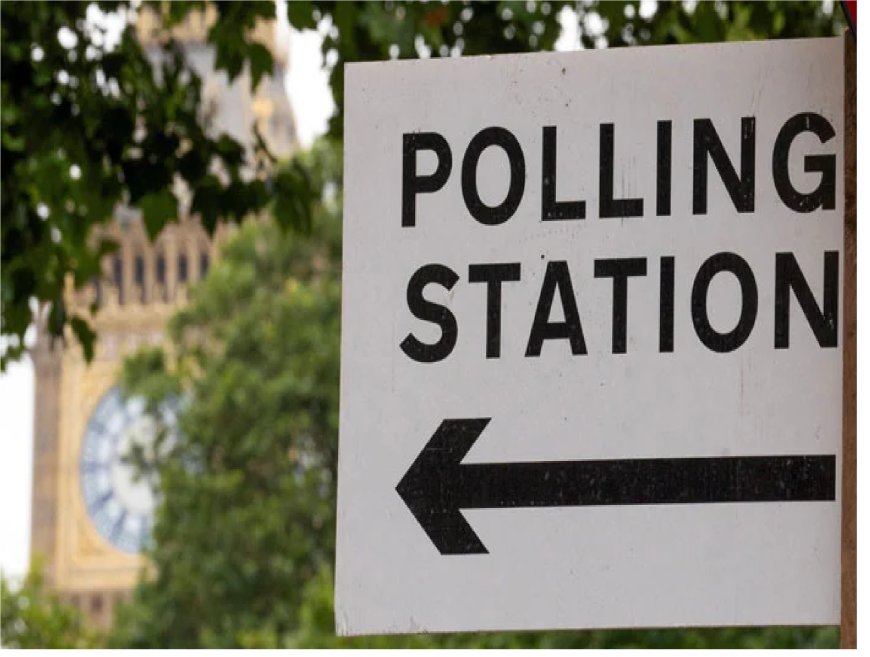UK general election: a guide

1. Voting taking place for all 650 MPs in lower chamber of parliament, each representing a constituency or seat
This Thursday, British voters will participate in a general election to choose new members of parliament for the House of Commons. Voting will occur for all 650 seats, with 543 in England, 57 in Scotland, 32 in Wales, and 18 in Northern Ireland. This year sees a record 4,515 candidates, partly due to Reform UK's decision to stand against the Conservatives and an increase in Green party candidates.
The main parties fielding candidates are the Conservatives with 635, Labour with 631, and the Liberal Democrats with 630. Reform UK has 609 candidates, while the Green Party has 629. Other candidates are running for smaller parties or as independents.
Voting follows the first-past-the-post system, with polls open from 7:00 am to 10:00 pm. Voters, who must be registered, over 18, and either British, Irish, or qualifying Commonwealth citizens, will vote for a candidate in their constituency. Ballot counting starts immediately after polls close, and results are expected from late evening into July 5. An exit poll by BBC, Sky News, and ITV News will be published at 9:00 pm GMT.
A party needs at least 326 seats for an overall majority. However, due to the Speaker and their deputies not voting, and Sinn Fein MPs not taking their seats, the effective number is slightly lower. The leader of the biggest party becomes the prime minister, and the second-largest party forms the opposition. If no party has a majority, a hung parliament occurs, leading to a minority government or a coalition.
MPs vote on government proposals and sit on committees to scrutinize the executive's work. Devolved matters such as health and transport are handled by lawmakers in Scotland, Wales, and Northern Ireland.
In the 2019 election, the Conservatives won 365 seats, Labour 202, the SNP 48, and the Liberal Democrats 11.

















































